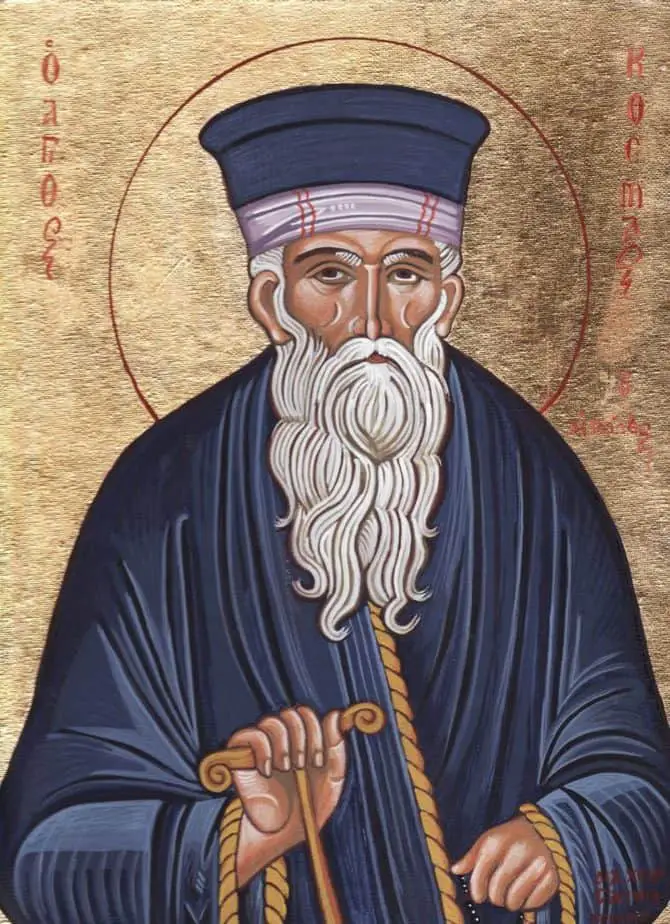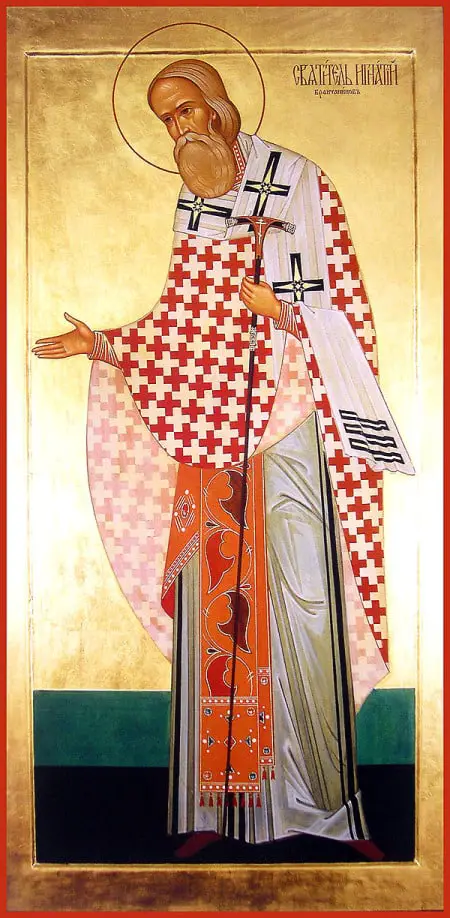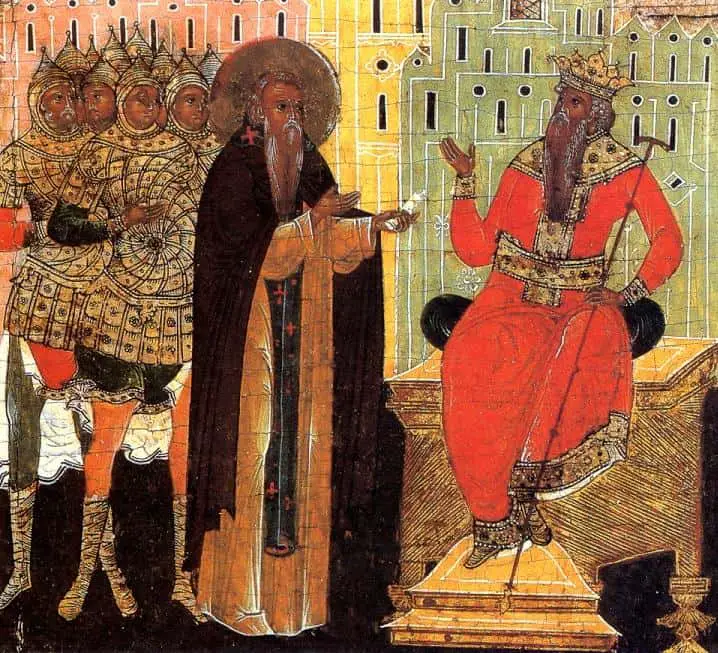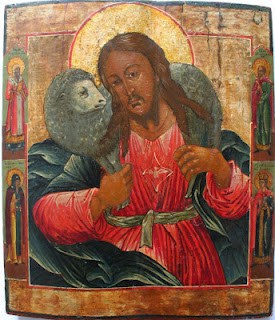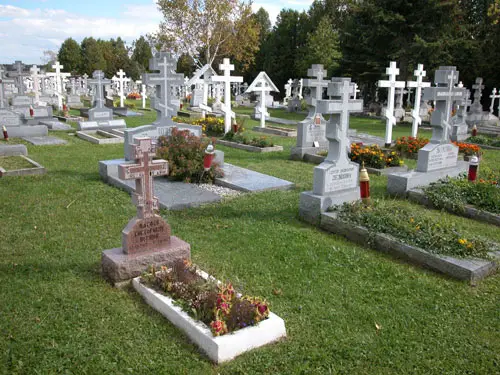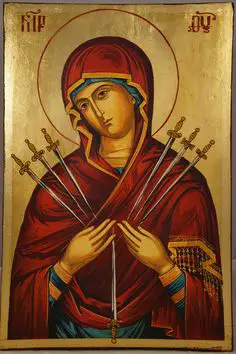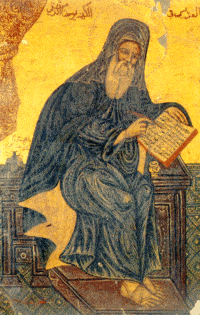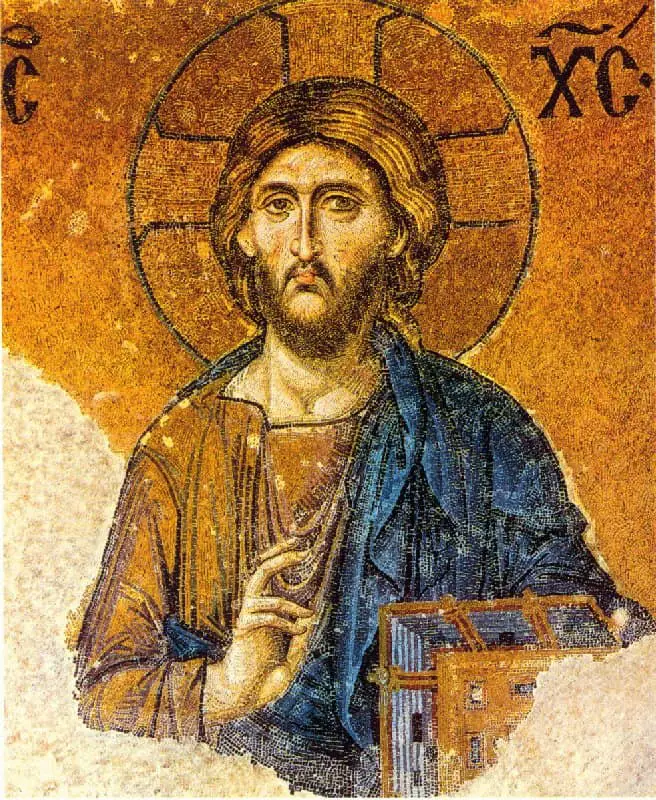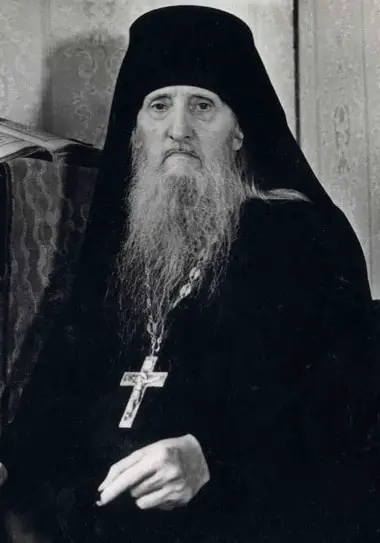Death has one characteristic in common with love: it, like love, works a profound change in many that experience it and go on living. A mother after a funeral goes to the graves of her children. Who goes there? The children in the mother’s soul, with the mother, go to their graves. In a mother’s soul, the mother lives only in one little corner; all the rest is a palace for the souls of the children taken from her.
So it is with Christ, though to an immeasurably greater extent. He submitted to the confines of the grave so that men, His children, should know the spaciousness of the limitless palace of Paradise.
A mother goes to the graves of her children, as though to raise them to life in her soul, to redeem them by her tears, to have compassion on them by her thoughts. A mother’s love saves her children from disappearance and annihilation in this world, at least for a time.
The Lord, humiliated and spat upon, succeeded, through bowing to His Cross and Tomb, in truly raising the whole human race by His love, and saving it forever from vanishing away and being annihilated. Christ’s act is incomparably greater than the act of any lonely mother in the world, His love for the human race being immeasurably greater than the love of any mother in the world for her children.
Although a mother, out of her great love and sorrow, always has tears to shed, she takes her remaining tears with her when she herself goes down into the grave. The Lord Jesus, though, shed all His tears for His children, to the last drop – and all His blood to the last drop. Never, O sinner, will more precious tears be shed for you, neither living nor dead. Never will a mother, or wife, or children, or homeland, pay more for you than Christ the Saviour paid.
O poor and lonely man – do not say: who will mourn for me when I die? Who will weep over my dead body? Lo, the Lord Christ has mourned for you and wept over you, both in life and in death, more whole-heartedly than your mother would for you.
It is not fitting to call those dead for whom Christ, in His love, suffered and died. They are alive in the living Lord. We shall all know this clearly when the Lord visits the graveyard of this world for the last time, and the trumpets sound.
A mother’s love cannot separate her dead children from those living. Still less can Christ’s love. The Lord is more discerning than the sun: He sees the approaching end of those still alive on earth, and sees the beginning of life for those who have entered into rest. For Him who created the earth from nothing, and man’s body from the earth, there is no difference between the earth’s, or his body’s, being a man’s grave. Grain lying in the field or stored in a granary – what difference does this make to the householder, who is thinking in both cases of the grain, and not of the straw or the granary? Whether men are in the body or in the earth – what difference does this make to the Householder of men’s souls?
Coming on earth, the Lord paid two visits to men: the first to those living in the grave of the body and the second to those in the grave of the earth. He died in order to visit His dead children. Ah, how very truly a mother dies when she goes to the graves of her children!
